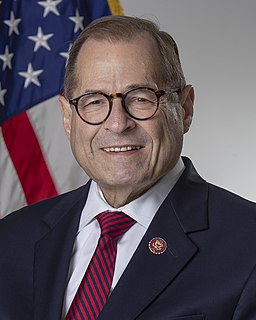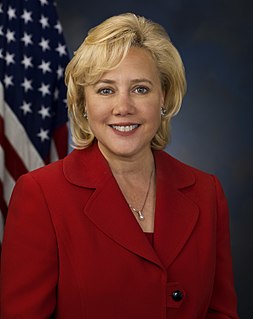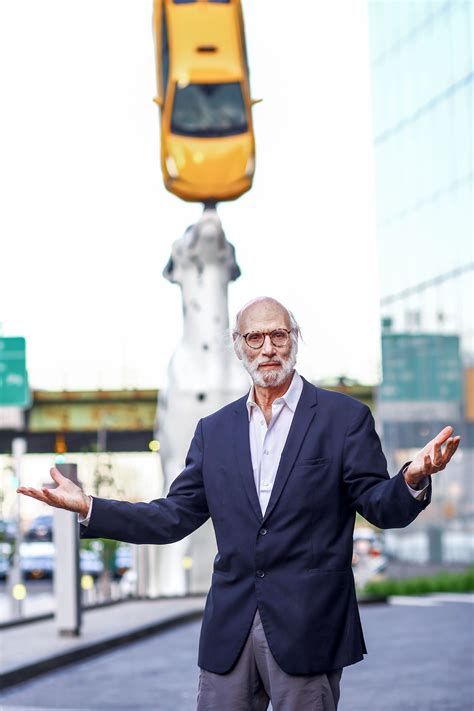A Quote by Benjamin Carson
I see the insurance issue, the coverage of people for healthcare in our country as a huge moral issue. The richest country in the world to have 47 million people without health insurance is ridiculous.
Related Quotes
The problem of giving health care to everybody cannot be solved so long as we're spending huge sums of money for war. Already we have a very wasteful healthcare system, the most wasteful healthcare system in the world. I mean, we spend the most money and still have 40 million people without insurance. Compare us to Cuba. Cuba is our enemy, run by a dictator, Fidel Castro. But people in Cuba get health care at least equal to that of the United States - with very scarce resources. So I think this issue is the most important domestic issue.
I think people forget that when people lose Medicaid coverage, they still show up at the hospital when they have a chronic illness or a traumatic impact on their health. And those bills are paid by the hospital who then passes those costs on. They do not have a magic fairy paying the bills for people who show up without insurance. Those bills are passed on to all the people in our country that do have insurance. That's why this bill is not going to break the cycle of higher premiums - because we're going to have fewer people insured.
To be without health insurance in this country means to be without access to medical care. But health is not a luxury, nor should it be the sole possession of a privileged few. We are all created b'tzelem elohim - in the image of God - and this makes each human life as precious as the next. By 'pricing out' a portion of this country's population from health care coverage, we mock the image of God and destroy the vessels of God's work.
As a physician and a U.S. senator, I have warned since the very beginning about many troubling aspects of Mr. Obama's unprecedented health-insurance mandate. Not only does he believe he can order you to buy insurance, the president also incorrectly equates health insurance coverage with medical care.
We have health insurance companies playing a major role in the provision of healthcare, both to the employed whose employers provide health insurance, and to those who are working but on their own are not able to afford it and their employers either don't provide it, or don't provide it at an affordable price. We are still struggling. We've made a lot of progress. Ten million Americans now have insurance who didn't have it before the Affordable Care Act, and that is a great step forward.
My biggest fear, that 27 percent of Americans under 65 have an existing health condition that, without the protections of the Affordable Care Act, would mean they would - could be automatically excluded from insurance coverage. Before the ACA, they wouldn't have been able to get insurance coverage on the individual market, you know, if you're a freelancer or if you had a small business or the like.
The Affordable Care Act is a huge problem. [Repealing the ACA is] going to have huge implications. We have millennials that live in Boston that are on their parents' health insurance. The businesses have hired them and have been able to hire more people because they have been able to be on their own health insurance. We have seniors in our city who have preexisting conditions, or something called a "donut hole," which is a prescription drug [gap] in Medicare. Whatever changes they make could have detrimental effects on people's health care, but also on the economy.





































